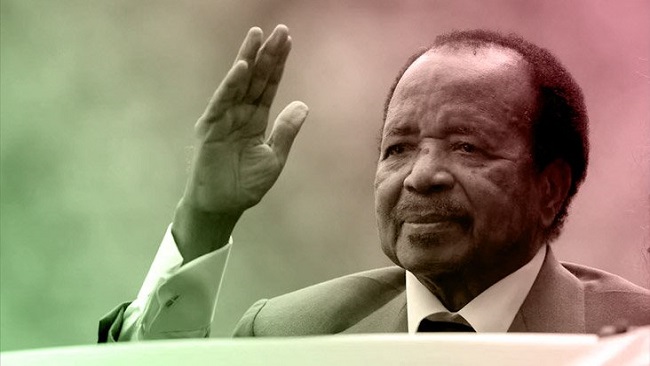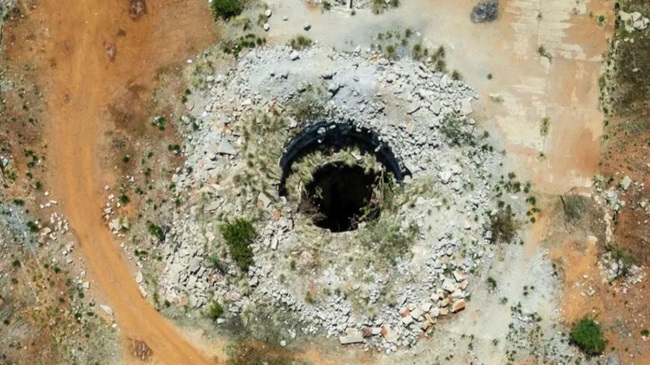4, December 2025
South Africa will ‘take a break’ from G20 after US ban 0
South Africa said Thursday it was prepared to wait out next year’s G20 after being barred by the United States and did not expect other countries to lobby for its inclusion.
The United States this month took over the year-long presidency of the group of leading economies after largely boycotting South Africa’s tenure, including the November summit, in an escalation of its attacks on Pretoria.
Secretary of State Marco Rubio repeated Wednesday that South Africa would not be invited to the US-run G20, repeating complaints including unfounded claims that the government deliberately discriminated against the white Afrikaner minority.
Presidential spokesman Vincent Magwenya said in response that South Africa would sit out the 2026 series of meetings and resume participation when the G20 is handed to Britain in a year’s time.
“For now, we will take a commercial break until we resume normal programming,” Magwenya said on social media.
The G20 group of nations includes the world’s top economies as well as the European Union and the African Union regional blocs. It accounts for 85 percent of the world’s GDP and two-thirds of its population.
The Johannesburg summit, the first in Africa, was attended by a host of world leaders, including from countries not in the G20, but boycotted by US President Donald Trump.
President Cyril Ramaphosa’s spokesman said South Africa did not expect other G20 nations to boycott the US presidency or lobby for its inclusion.
“In fact it would be unhelpful if the entire year goes to waste and the G20 is collapsed,” Magwenya said in an interview with the Sunday Times newspaper published late Wednesday.
South Africa would however expect that other members “register their displeasure with the US in defence of multilateralism and the spirit and purpose of the G20,” he said.
The Trump administration has lashed out at South Africa over a range of policies, expelling its ambassador in March and imposing 30 percent trade tariffs, which Pretoria is still seeking to overturn.
Source: AFP




























16, December 2025
Football: Panthère du Ndé Wins Cameroon Cup 2025 0
Panthère sportive du Ndé won the 2025 Cameroon Cup after a penalty shootout victory, prevailing 3–1 following a 1–1 draw in regulation time against Colombe sportive du Dja-et-Lobo. Colombe entered the final as the defending champion after winning the 2024 edition. The match took place at Ahmadou Ahidjo Stadium in Yaoundé. Panthère fielded a compact and disciplined side, while Colombe displayed ambition and determination to retain its title.
As the tightly contested final progressed, composure created the difference. Panthère du Ndé demonstrated greater control and calm during the penalty shootout. Consequently, the club secured the trophy and confirmed its ability to manage pressure during decisive moments of a national final.
Panthère du Ndé had previously lifted the Cameroon Cup in 1988 and 2009. The West Region club therefore claimed the third Cameroon Cup title in its history. This victory ended a 16-year wait for silverware and marked the return of a historic club to the recent honors list of Cameroonian football.
Officials celebrated the victory in the presence of Célestine Ketcha Courtès, Minister of Housing and Urban Development and honorary president of the Ndé club. Her attendance gave official recognition to what observers described as a historic moment for the West Region side. This high-level political presence increased the symbolic significance of the triumph beyond its sporting dimension.
Panthère midfielder Brandon Fopa, aged 22, earned the man-of-the-match award. He received a CFA2 million check in recognition of his influence throughout the match. He controlled midfield play and managed key phases of the contest.
By defeating the defending champion, Panthère du Ndé delivered a victory with strong symbolic value. The club confirmed its return among Cameroon’s leading teams. The third national trophy strengthened the club’s historical record and could enhance its sporting appeal, political support, commercial partnerships, and supporter loyalty.
Source: Business in Cameroon